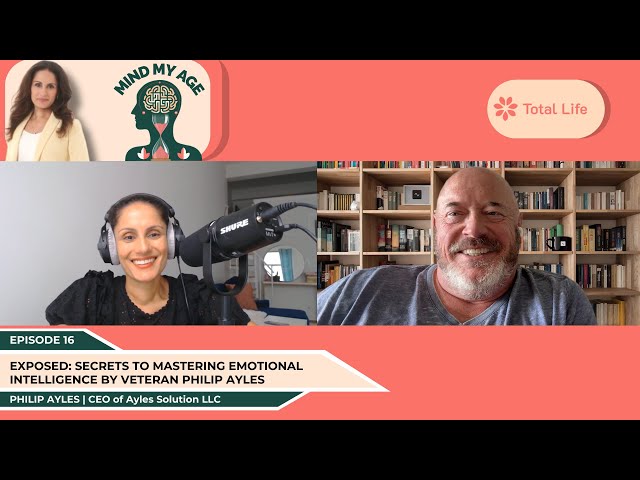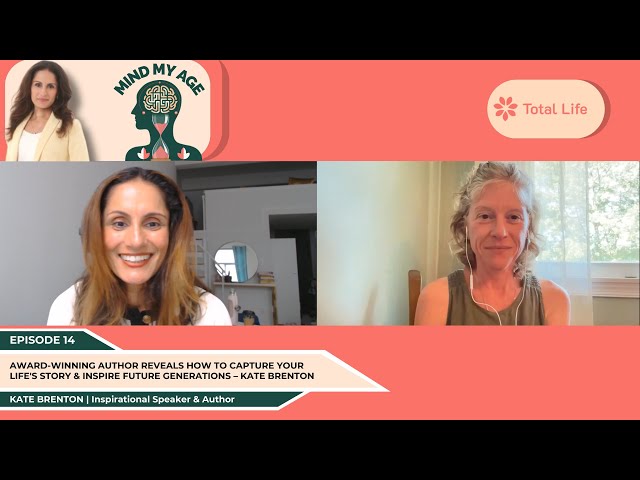The Connection Between Chronic Pain and Mental Health
As Neelam Brar dives into conversation with Dr. Thorn, a key revelation underscores their dialogue: “All pain is both biological and psychological. That doesn’t make it any less real.” Dr. Thorn’s dual training as a neuroscientist and clinical psychologist has profoundly influenced her approach to chronic pain, challenging outdated paradigms that separate the mind and body in pain perception and treatment.
Understanding Self-Talk and Pain Catastrophizing
An integral part of managing chronic pain involves modifying our internal dialogue. Dr. Thorn shares that identifying and reshaping self-talk can significantly alter our pain experience, explaining that becoming aware of negative, catastrophic thoughts—and substituting them with more realistic and constructive ones—can empower patients to close the pain gate rather than open it more comprehensively through fear and anxiety.
For instance, as Dr. Thorn poignantly illustrates, “When I say to myself, if I have a migraine aura, I’m going to end up in the emergency room for sure—that’s a thought I can challenge.” Recognizing this thought pattern and re-framing it can be transformative.
Therapeutic Techniques: From Relaxation to Personal Empowerment
Cognitive Behavioral Therapy (CBT) forms the cornerstone of Dr. Thorn’s approach, not merely as a theory but as a highly accessible practice. Her work, specially translated for varied literacy levels, emphasizes that sophisticated jargon is unnecessary for effective treatment. She incorporates a wide array of strategies, including relaxation techniques, meditation, and the role of physical activity in breaking the cycle of inactivity linked to pain.
Dr. Thorn also introduces us to the concept of “Stand Tall Talk,” a method of assertive communication that she describes as “asking directly, without apology, for what you need.” This fosters a sense of personal empowerment, vital for regulating emotions and interactions amidst the challenges of chronic pain.
Expanding Access to Pain Management
Dr. Thorn’s research has demonstrated the adaptability of cognitive-behavioral strategies to diverse communities, enhancing accessibility regardless of socio-economic barriers. As she confirms, “We were able to show that cognitive behavioral therapy was not all that abstract and could be used by everyone,” highlighting the inclusive nature of these treatments.
The Community and Emotional Health
Yet, the most profound insight Dr. Thorn offers is the therapeutic power of community. “I’m not alone,” she recounts, is a revelation often shared by participants in her programs, underscoring the vital role of support systems in chronic pain management.
Conclusion
As the conversation draws to a close, the collective wisdom of Dr. Thorn’s insights echoes: “You are not alone.” This message of solidarity, paired with tangible strategies for mental and physical well-being, offers hope and direction for individuals grappling with chronic pain. Neelam Brar and Dr. Thorn have sparked an essential dialogue—a reminder that thriving in the face of chronic pain is possible through mindfulness and supportive networks.
For those eager to explore further, Dr. Thorn’s workbooks are available as practical tools to embark on this journey of healing and empowerment. For more details, visit Dr. Thorn’s website and join the conversation on how we can all take steps towards a healthier, more balanced life.









